12/13/2018
Rail News: Mechanical
NJ Transit to buy 113 cars from Bombardier

New Jersey Transit’s board yesterday approved a $670 million contract with Bombardier for 113 new rail cars.
The base order is for 58 multilevel power cars, plus 33 cab and 16 trailer cars, and six trailer cars with restrooms. The agency retains options to buy an additional 636 cars to replace its remaining single-level cars and accommodate future ridership growth.
The order — the agency’s largest car procurement in recent years — includes the first self-propelled multilevel cars in the United States, NJ Transit officials said in a press release. In addition, the purchase will enable the agency to replace the oldest cars in its fleet while boosting reliability, efficiency and rider comfort, they said.
“This historic purchase is the perfect example of how [we are] reclaiming [our] position as a national leader in transportation,” said NJ Transit Executive Director Kevin Corbett. “The new self-propelled multilevel cars break new ground in railroad technology and we’re proud that NJ Transit is leading the way.”
The purchase of 58 power cars with electric propulsion capability and 55 non-powered trailer cars was approved as part of the agency’s fiscal-year 2018 budget. The multilevel III power cars are electric multiple units. NJ Transit issued a request for proposals for the cars in October 2017.
The vehicles are scheduled to begin testing in third-quarter 2022 and enter revenue service in second-quarter 2023.
The new cars increase seating capacity on a 12-car trains from 1,380 to 1,552 seats. The cars will feature roomier two-by-two seating versus the three-person bench seats on older cars, NJ Transit officials said.
The purchase enables the agency to further its goal of reducing rail vehicles’ overall average age to less than 30 years and operating a more modern fleet that supports enhanced comfort, reliability and efficiency, they said.
Contact Progressive Railroading editorial staff.
More News from 12/13/2018
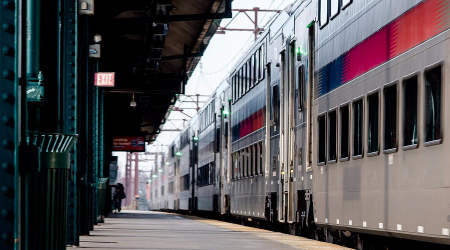




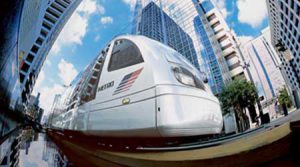
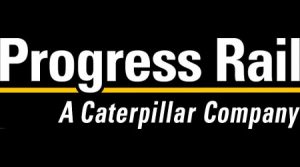
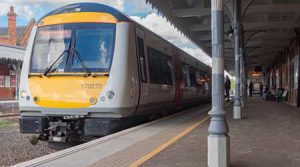
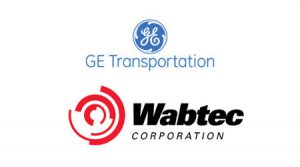




Be First to Comment